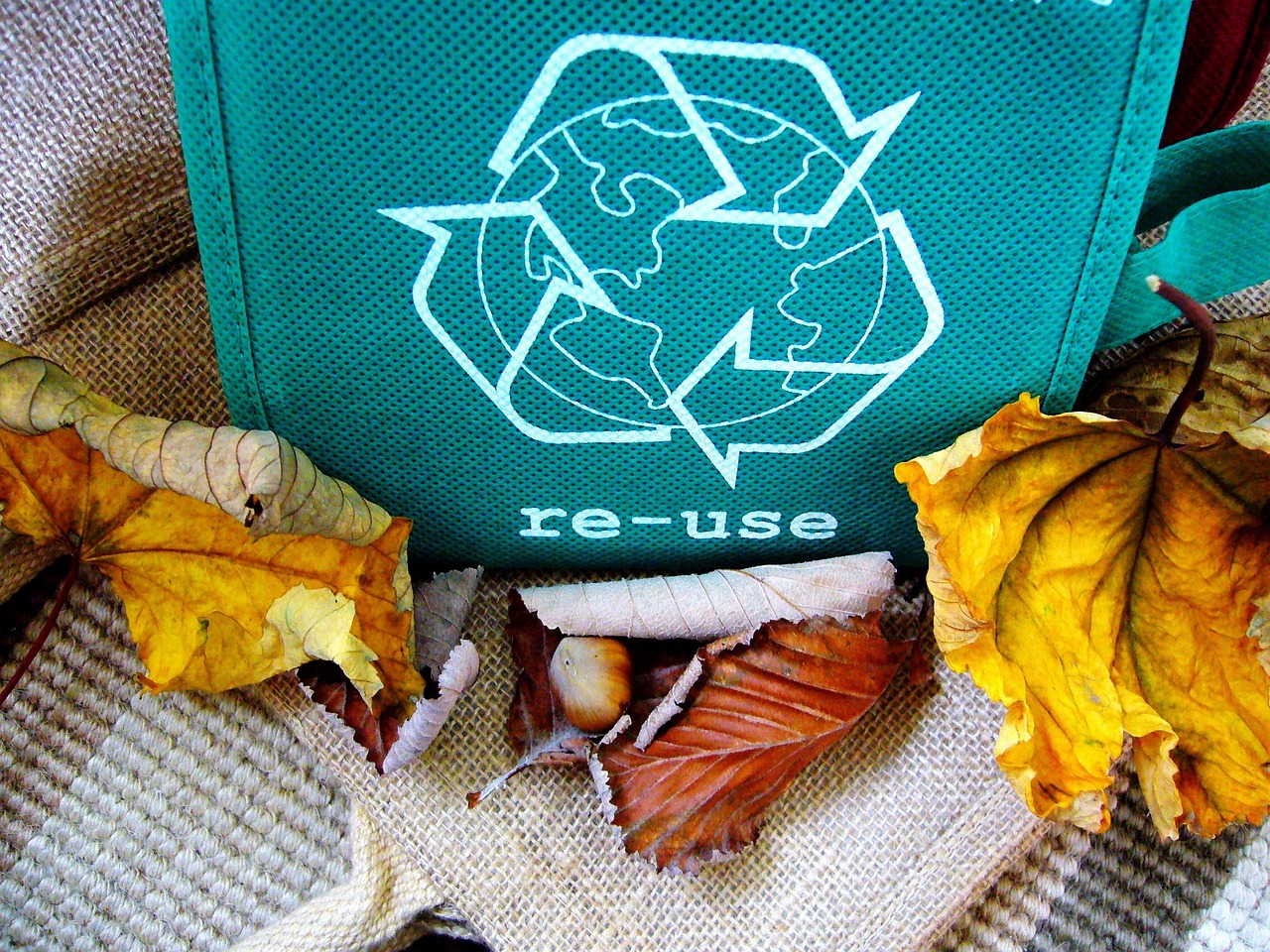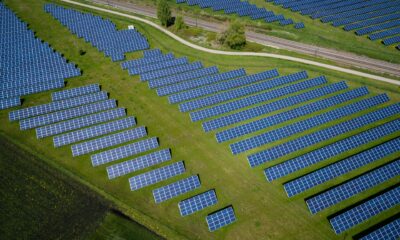Impact Investing
Investments in New Recycling Technologies in Italy Are Increasing, but Regulatory Contradictions Must Be Overcome
The Italian waste management industry faces growth obstacles due to regulatory contradictions, and legislative delays in market adaptation. Despite challenges, the sector has seen rising investments in recycling technologies, fueled by ESG-driven financial interest. Streamlined regulations and demand-based incentives for secondary materials are recommended to support sustainable growth.

In Italy, the waste sector is now in a phase of maturity, with stable growth and a consolidated ability to attract investments (an average of 16% per year between 2017 and 2022).
However, obstacles to the growth of the industry in Italy persist due to a legislative framework that creates uncertainty and discourages investments and that is characterized by contradictions in the distribution of competences between the State, Regions and Authorities, by the uncertain definition of the perimeter of ARERA regulation and by the slowness of the legislation in incorporating market innovations.
These are just some of the findings that emerged from the report of the Observatory on the Recycling and Waste Industry of Agici, present in Rimini as part of Ecomondo, the international fair dedicated to the green economy and the circular economy. However, the analysis also highlighted how in recent years there has been a trend to invest in new recycling technologies in Italy, linked to the growing interest of the financial world, which is investing in the waste sector also driven by the demand for green investments with a focus on ESG objectives.
Taking into account all types of facilities, from storage to treatment, recycling, waste-to-energy and landfill, in 2022 there were 9,406 active waste management plants in Italy, mostly small: 62% of the total, in fact, is smaller than 50,000 tons per year. 94% of the plants are owned by private companies, mostly small (85% have a turnover of less than 25 million euros) and which own few plants (81% own only one plant).
In this context there is room for market aggregation in Italys: focusing on a limited sample, the study analyzed the strategies of 38 companies, active in 6 distinct supply chains with different degrees of market maturity. The analysis highlighted a growth trend between 2017 and 2022 both for turnover (10 billion euros in 2022) and for investments (1.2 billion euros in 2022).
Furthermore, 219 operations were mapped between 2017 and 2024 that show a trend towards aggregations and investments in new recycling technologies in Italy. This is made possible by the growing interest of the financial world, which is investing in the waste sector also driven by the demand for green investments with a focus on ESG objectives .
This growth trend must be supported by removing some regulatory contradictions that create uncertainty and discourage investments in Italy
The report presented today suggests a complete rethinking of waste legislation, building a simple and stable framework over time with an increasing role for regulatory and market authorities. Furthermore, the paradigm of public support for the recycling industry must be overturned: no longer a distorting system based on direct incentives for recycling output, but an indirect stimulus based on the growth in demand for secondary raw materials.
“The Italian waste management supply chain is undergoing a gradual transformation, favoring all the conditions necessary to aggregate skills, market shares, but above all capital,” declared Marco Carta, Director of the Observatory on the Recycling and Waste Industry of Agici.
“The main obstacles are still the strong contradictions in the attribution of skills between the State and Regions and Authorities. Operators are able to produce innovation and recycle new materials, but it is necessary to create the conditions for further growth. In such a context, the watchword is to simplify, first and foremost the regulations and skills, to facilitate and support the market.”
__
(Featured image by Shirley810 via Pixabay)
DISCLAIMER: This article was written by a third party contributor and does not reflect the opinion of Born2Invest, its management, staff or its associates. Please review our disclaimer for more information.
This article may include forward-looking statements. These forward-looking statements generally are identified by the words “believe,” “project,” “estimate,” “become,” “plan,” “will,” and similar expressions. These forward-looking statements involve known and unknown risks as well as uncertainties, including those discussed in the following cautionary statements and elsewhere in this article and on this site. Although the Company may believe that its expectations are based on reasonable assumptions, the actual results that the Company may achieve may differ materially from any forward-looking statements, which reflect the opinions of the management of the Company only as of the date hereof. Additionally, please make sure to read these important disclosures.
First published in ESG NEWS. A third-party contributor translated and adapted the article from the original. In case of discrepancy, the original will prevail.
Although we made reasonable efforts to provide accurate translations, some parts may be incorrect. Born2Invest assumes no responsibility for errors, omissions or ambiguities in the translations provided on this website. Any person or entity relying on translated content does so at their own risk. Born2Invest is not responsible for losses caused by such reliance on the accuracy or reliability of translated information. If you wish to report an error or inaccuracy in the translation, we encourage you to contact us

-

 Fintech2 weeks ago
Fintech2 weeks agoImpacta VC Backs Quipu to Expand AI-Driven Credit Access in Latin America
-

 Fintech4 days ago
Fintech4 days agoSwissHacks 2026 to Launch Inaugural Swiss FinTech Week in Zurich
-

 Impact Investing2 weeks ago
Impact Investing2 weeks agoClimate Losses Drive New Risk Training in Agriculture Led by Cineas and Asnacodi Italia
-

 Crowdfunding7 days ago
Crowdfunding7 days agoReal Estate Crowdfunding in Mexico: High Returns, Heavy Regulation, and Tax Inequality

























